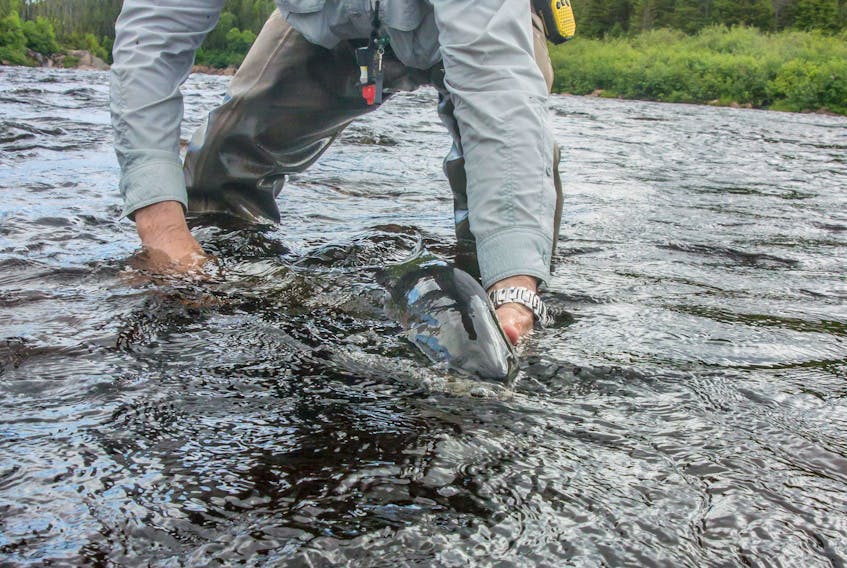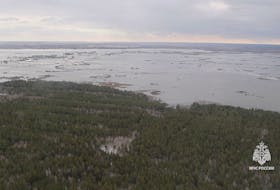The Salmonid Association of Eastern Newfoundland (SAEN) is slamming the province’s 2018 salmon licence strategy plan announced Friday by provincial Fisheries and Land Resources Minister Gerry Byrne and says it will seek legal advice on whether the province can enact legislation that contradicts federal regulations.
“The announcement appears to be a weak attempt to deflect attention from the confusion created by Minister Byrne around the delayed start of the 2018 angling season,” SAEN said in a news release.
“Minister Byrne's stated commitment to management on the best science available rings hollow in the face of recent public statements to the effect that unprecedented decreasing returns of salmon to NL rivers during the past two years are simply cyclical; that retention limits should therefore remain unchanged; and that the real problem, if any, is with the universally accepted and tested practice of live release. These unsupported and flippant positions ignore and contradict the best science available, which is provided by (the federal Department of Fisheries and Oceans (DFO).”
SAEN said the regulations will frustrate DFO’s conservation efforts.
“The minister's proposed changes do nothing more than serve to denigrate a proven conservation tool, punish anglers who choose to practise the technique, and cavalierly throw the whole sector of the economy that provides support to angling and anglers (including retailers, outfitters, guides, park operators, businesses providing accommodations and all spin-off) under a bus,” SAEN said.
SAEN said release angling has long been used as a conservation practise in many jurisdictions across many species of fish, including salmonids and it is effective.
Spending $500,000 in a depressed economy to undertake a study is a redundant move, argues SAEN, which also said it fears the study being biased.









